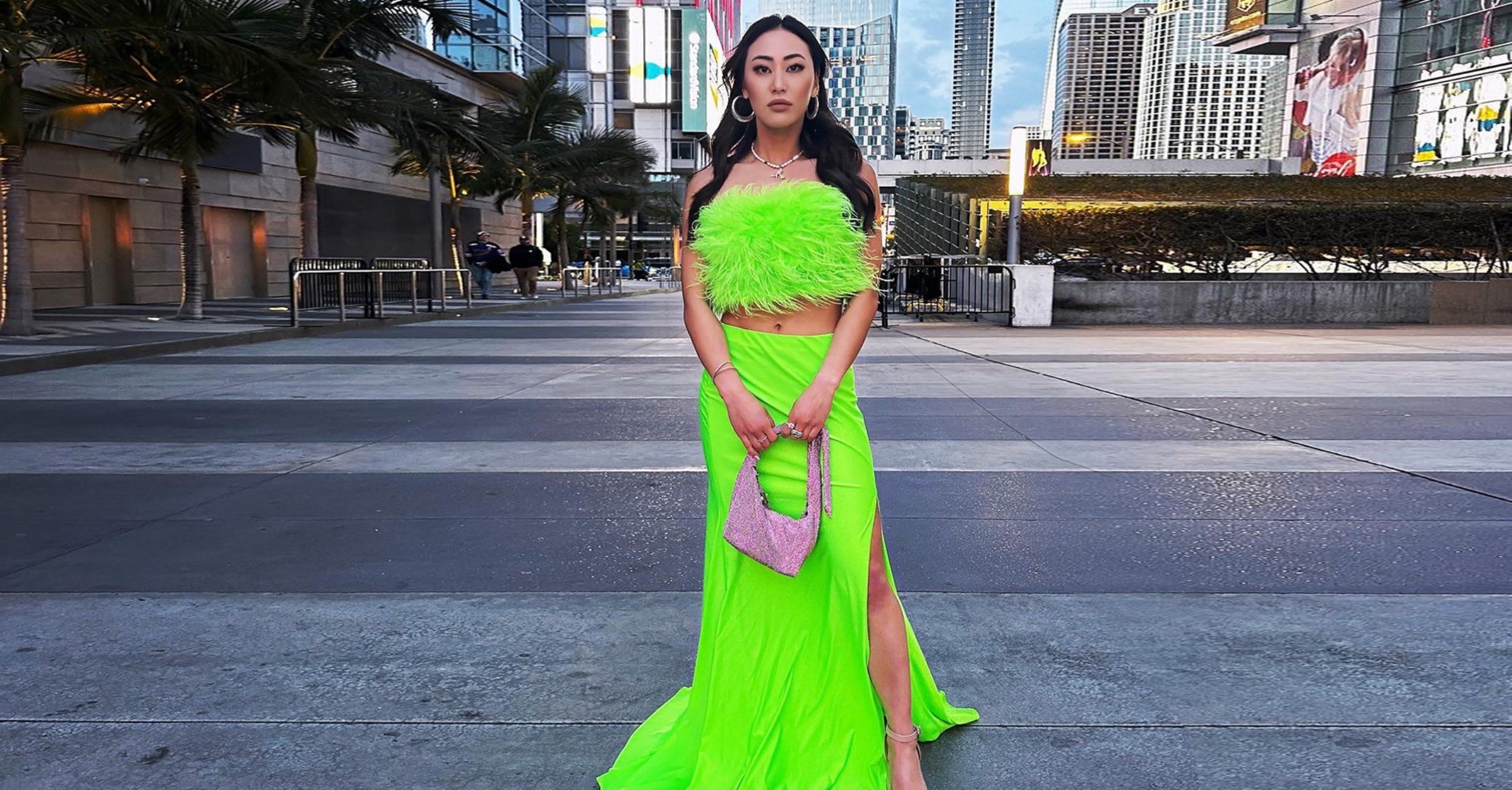Presented by Sara Smith
The digital age—a place of constant flux, where the zeitgeist shifts with every trending hashtag and viral sensation—demands adaptability and rewards innovation. Yet, it also presents a unique dilemma for content creators: to evolve or not to evolve?
For female creators, this puzzle is even more complex. Standing at the intersection of audience expectations and societal norms, they perform a high-wire act that requires them to balance authenticity and their true passion against the ever-present pressure to cater to the audience’s tastes.
In this context, is it better to pivot and pursue something different, something that speaks more profoundly to one’s passion and interests, or stick with the tried and true, potentially curbing personal growth?
This question isn’t merely rhetorical. It’s a predicament that Lizzy Capri, a renowned content creator with over 7.35 million subscribers on YouTube alone, had to confront head-on. With her initial content primarily tailored for a younger demographic, Capri found herself at a crossroads when she felt the need to evolve her content.
As a passionate creator, Capri grappled with the decision to transition towards more mature content. But, this shift was not just a change in the style of her videos but also a reflection of what she genuinely wanted to pursue, of the impact she wanted to leave.
“I felt the need to redefine myself and rediscover who I truly am. I didn’t want to spend my time doing things I wasn’t passionate about or didn’t enjoy,” she shares. “Forcing myself to play games or film videos that seemed fun on the surface ended up exhausting me.”
Capri shares she experienced burnout at the peak of her previous content creation niche. She began to question why people would want to watch her if she wasn’t genuinely enjoying the work she did. “Social media can easily pigeonhole creators into a specific type of content, but, for me, my work no longer aligned with my values, and I decided to make the most of my limited time and pivot.”
However, with change comes danger, and Capri was well aware that such a move could potentially alienate a segment of her loyal audience, but this was a risk she was willing to take. She points out that creators often feel trapped by expectations from their audience, but that, at the end of the day, their own happiness and lives should be top priority.
Instead of being stuck with what one is used to doing, Capri believes one should embrace change and muster the courage—much like she did—to explore new horizons that will thrust creators into a different, more fulfilling world of self-expression.
Change, after all, is never easy, especially when it means stepping out of one’s comfort zone and possibly disappointing those who have shown their support. Still, Capri points out, “I believe it’s crucial to pursue what truly resonates with you. People are always going to have expectations from you, and when you enter a new market, your new demographic will be just as scrutinizing. It’s all about finding that balance between what’s expected of you and staying authentic to your creative vision.”
And, speaking of criticism, Capri’s pivot from family-friendly to mature-oriented content has sparked a significant debate about women’s role in the content creation space. Women face double standards in this niche practically on a daily basis. Women creators are often perceived as one-dimensional, as just another pretty face – limiting their potential.
“There’s a specific mold in which we are required to fit into as women: pretty, beautiful, funny, even innocent. This is restrictive in so many different ways,” Capri shares.
Trapped in what society prefers they do, women thus end up ignoring what they’re genuinely interested in. The fear of the unknown, as well as the looming shadow of disappointing their audience, results in many giving up on their dreams.
“This is exactly why it’s important for me to serve as a role model for women,” Capri highlights. “I want to show it’s possible for us to succeed and thrive in any role we choose, especially in the digital space.”
Undeniably, the decision to pivot was a strong rebuttal against the limited portrayal of women on digital platforms, sparking a much-needed dialogue around the patriarchal lenses that promote this image. In this sense, Capri’s debut and continuous success have not just been a critical professional turn, but it has also had a broader social impact.
Needless to say, the landscape of digital content creation has been constantly evolving, becoming more diverse, more inclusive, and more attuned to the nuances of individual creators’ voices. But, within this evolution, voices that have been brave enough to disrupt the status quo and challenge societal norms have become paramount in driving a more significant shift.
Capri’s journey is the perfect example of this shift. Her decision to pivot and her fearless stand against society’s norms and expectations have all contributed to a broader conversation about the future of content creation, pointing to a bright time full of limitless potential.
As she says, “We are the architects of our own digital universe. Every choice we make, every boundary we push, shapes the world of content creation. If we put our minds to it, we can do just about anything. Spark change, redefine success. The sky’s the limit with just a bit of courage.”

